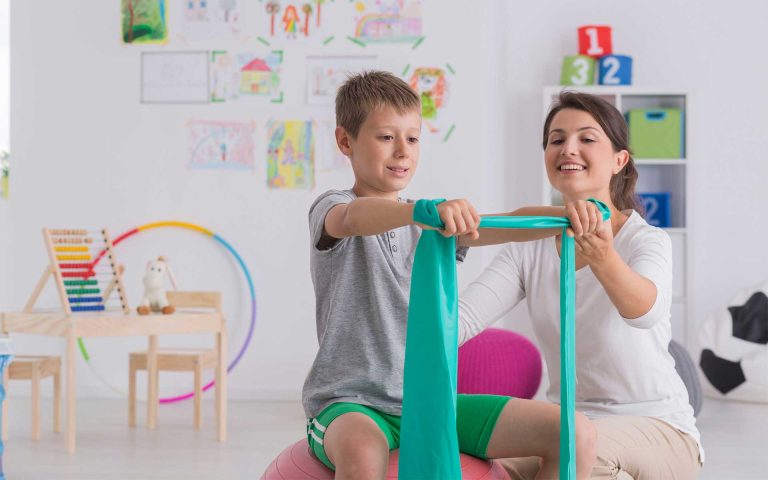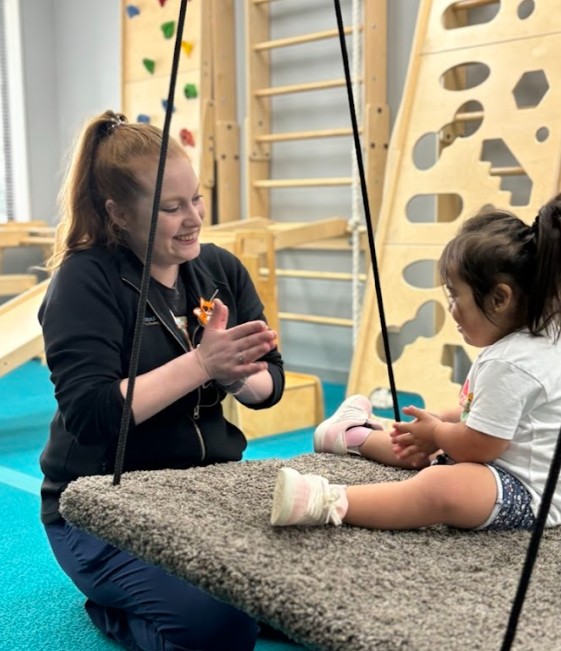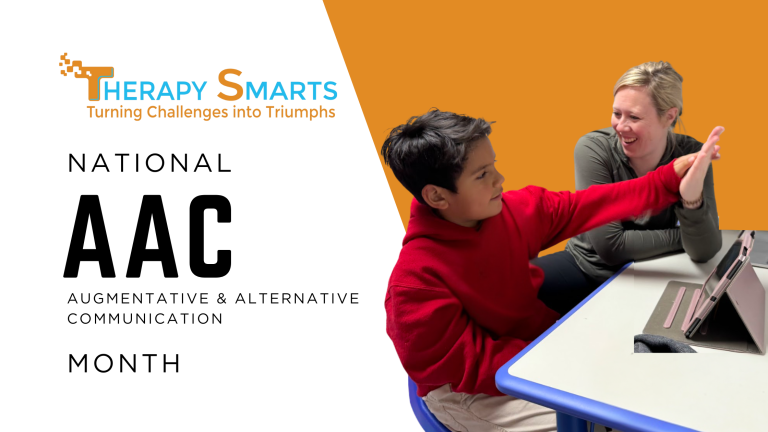
Every parent wants to see their child thrive, reaching each milestone with confidence and joy. But sometimes, a child might need a little extra support to develop their physical skills. If you’re concerned about your child’s movement, coordination, or physical development, you’re not alone. Early physical therapy can be a transformative step, building a strong foundation for a lifetime of active play and learning.
This guide will help you understand the value of starting physical therapy early—how it supports development, signs to watch for, and how professional guidance can make all the difference. By learning about these benefits, you’ll be empowered to help your child navigate their world with strength and confidence.
Understanding Early Intervention in Physical Therapy
What is Early Intervention?
- Early intervention means providing therapeutic support as soon as a developmental concern is recognized. In physical therapy, this can involve addressing movement, muscle strength, balance, and coordination during the most important periods of a child’s growth.
The brain is incredibly adaptable in early childhood, making this a perfect time to form new skills and reinforce positive movement patterns. Think of it like learning a language—it’s easier when you’re young. Starting therapy early can prevent greater challenges down the road by focusing on your child’s potential, not limitations.
Key Benefits of Early Physical Therapy

When children start physical therapy early, they gain more than muscle strength—they also build confidence, independence, and a lifelong love of movement.
1. Enhances Gross Motor Skills
Gross motor skills involve big movements like walking, running, jumping, and sitting. Early physical therapy helps kids develop these important skills. Therapists often use fun, playful activities—encouraging a baby to roll, helping a toddler learn to walk, or teaching a preschooler to climb and run with more coordination. This helps children join in playground games and stay engaged at school.
2. Improves Balance and Coordination
Balance is important for everything from sitting at the table to riding a bike. Physical therapists introduce activities that safely challenge a child’s stability, such as walking on different surfaces, standing on one foot, or navigating mini obstacle courses. Better balance and coordination mean fewer tumbles and greater confidence to explore the world.
3. Improves Strength and Endurance
Children with low muscle tone (hypotonia) may get tired easily or find some movements difficult. Physical therapy uses engaging activities—like crawling, pushing toys, or playing tug-of-war—to build strength in the core, arms, and legs. Stronger muscles help kids play with friends longer, keep up during recess, and feel more included.
4. Encourages Healthy Posture and Gait
The way a child sits, stands, or walks can affect their body for years to come. Physical therapists look for postural habits like toe-walking or W-sitting and help guide children into healthier positions. Early attention can prevent future discomfort or imbalances, supporting normal growth and alignment.
5. Supports Cognitive and Social Growth
Movement is closely connected to learning and social development. When a child feels confident in how they move, they’re more likely to join games, explore new environments, and interact with others. This can build social confidence and essential learning skills.

Is Early Physical Therapy Right for Your Child?
Every child grows and learns at their own pace, but certain signs may suggest a physical therapy evaluation is needed:
- Missing key motor milestones (rolling, sitting, crawling, or walking)
- Muscles that seem especially stiff or floppy
- Frequent tripping or seeming less coordinated than peers
- Toe-walking or unusual walking patterns
- Difficulty keeping up during physical activities
- Favoring one side of the body
If you notice any of these signs, trust your instincts. Reaching out to a pediatrician for a physical therapy evaluation is a wise step and can make a meaningful difference for your child.
Your Partner in Progress: Therapy Smarts
Navigating your child’s developmental journey can feel overwhelming—Therapy Smarts is here to help. Our experienced, compassionate therapists see the unique potential in every child, working closely with families to nurture growth and achievement.
We know children’s needs often overlap, which is why our services include not only physical therapy, but also occupational therapy, speech therapy, and feeding therapy. This integrated approach means your whole child receives the support they need, whether they are at home or in school.
With welcoming offices in Durham and Chapel Hill, NC, and a strong partnership with local schools, Therapy Smarts is dedicated to providing convenient, individualized care right where you are.
Ready to help your child take the next step? Contact Therapy Smarts to schedule a consultation and learn how our personalized therapy plans can help your child build the skills, confidence, and independence to shine.






